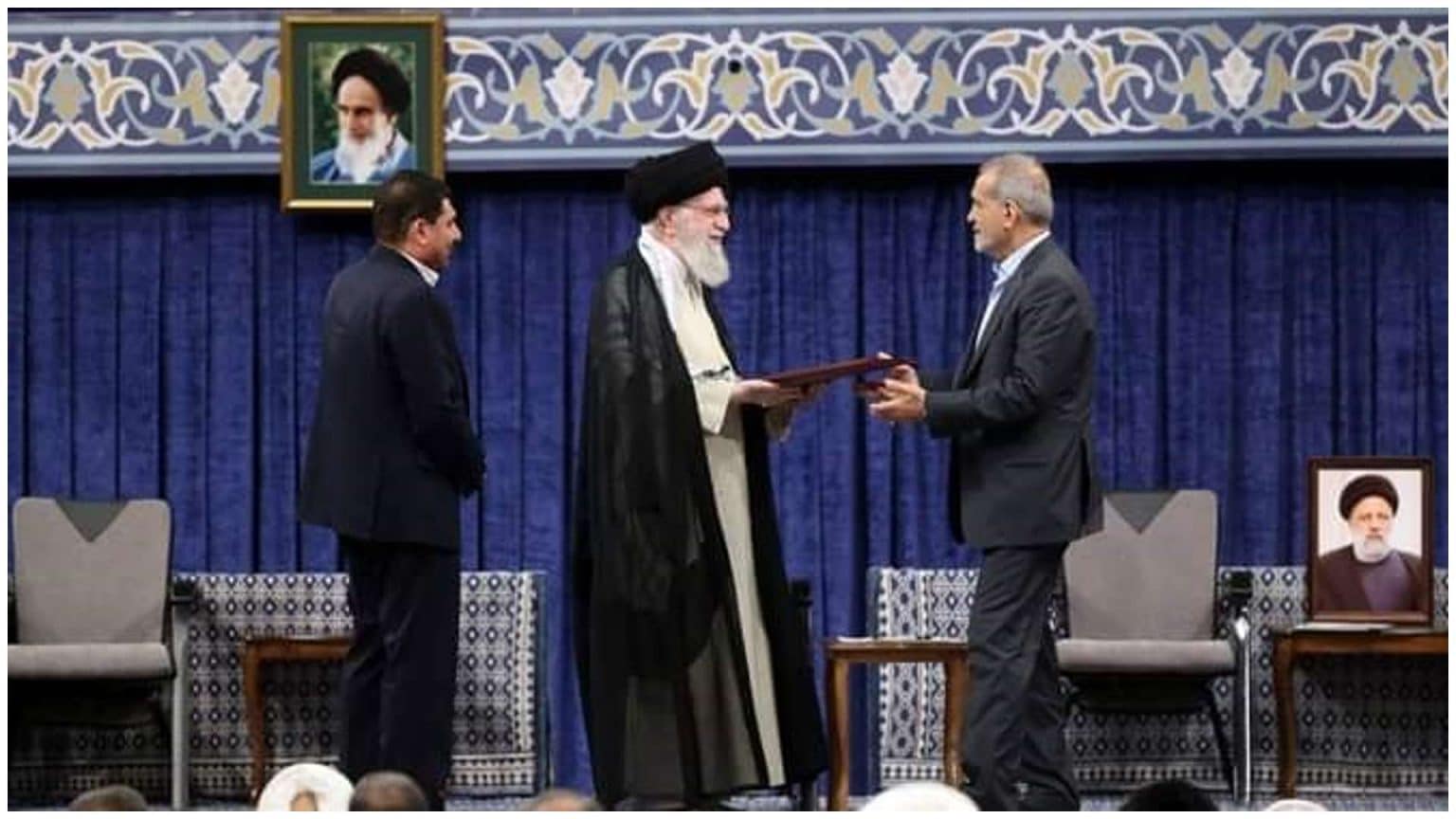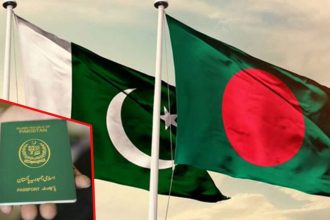Iran’s supreme leader, Ayatollah Ali Khamenei, officially endorsed Masoud Pezeshkian as the nation’s ninth president. This endorsement came after Pezeshkian, representing the reformist camp, won in snap elections.
The director of Khamenei’s office delivered the endorsement statement, praising Pezeshkian as “wise, honest, popular, and scholarly” and formally appointing him as president. High-ranking officials and foreign diplomats attended the ceremony, which was broadcast nationally from Tehran.
Pezeshkian’s presidency represents a significant moment. He is scheduled for swearing-in before parliament on Tuesday. Interestingly, this ceremony will coincide with the closure of banks and government offices nationwide, a measure taken in response to an extreme heatwave.
After the ceremony, the acting president, Mohammad Mokhber, transferred official duties to Pezeshkian, aged 69. Subsequently, Pezeshkian named Mohammad Reza Aref, a 72-year-old reformist, his first vice president. Aref is a seasoned politician who has served in various capacities, including vice president and communications minister under former reformist president Mohammad Khatami.
Pezeshkian, a heart surgeon and long-time parliamentary representative for Tabriz, previously served as health minister under Khatami. His election followed a runoff victory over ultraconservative Saeed Jalili, in which he secured 54% of the vote despite a 49.8% increase in turnout.
Notable figures such as Saeed Jalili and former president Hassan Rouhani attended the event, which Iran’s main reformist coalition and Pezeshkian’s candidacy supported.
Despite the president’s significant role, ultimate authority in Iran remains with the supreme leader, a position Khamenei has held for 35 years. Following the endorsement, Pezeshkian expressed gratitude and acknowledged the challenges ahead.
This election occurred amid regional tensions, disputes over Iran’s nuclear program, and domestic economic challenges due to sanctions. During the ceremony, Khamenei emphasized the need for an active and effective diplomatic approach, particularly towards neighbouring countries, and expressed grievances over past European relations, signalling a complex international stance for the incoming administration.






